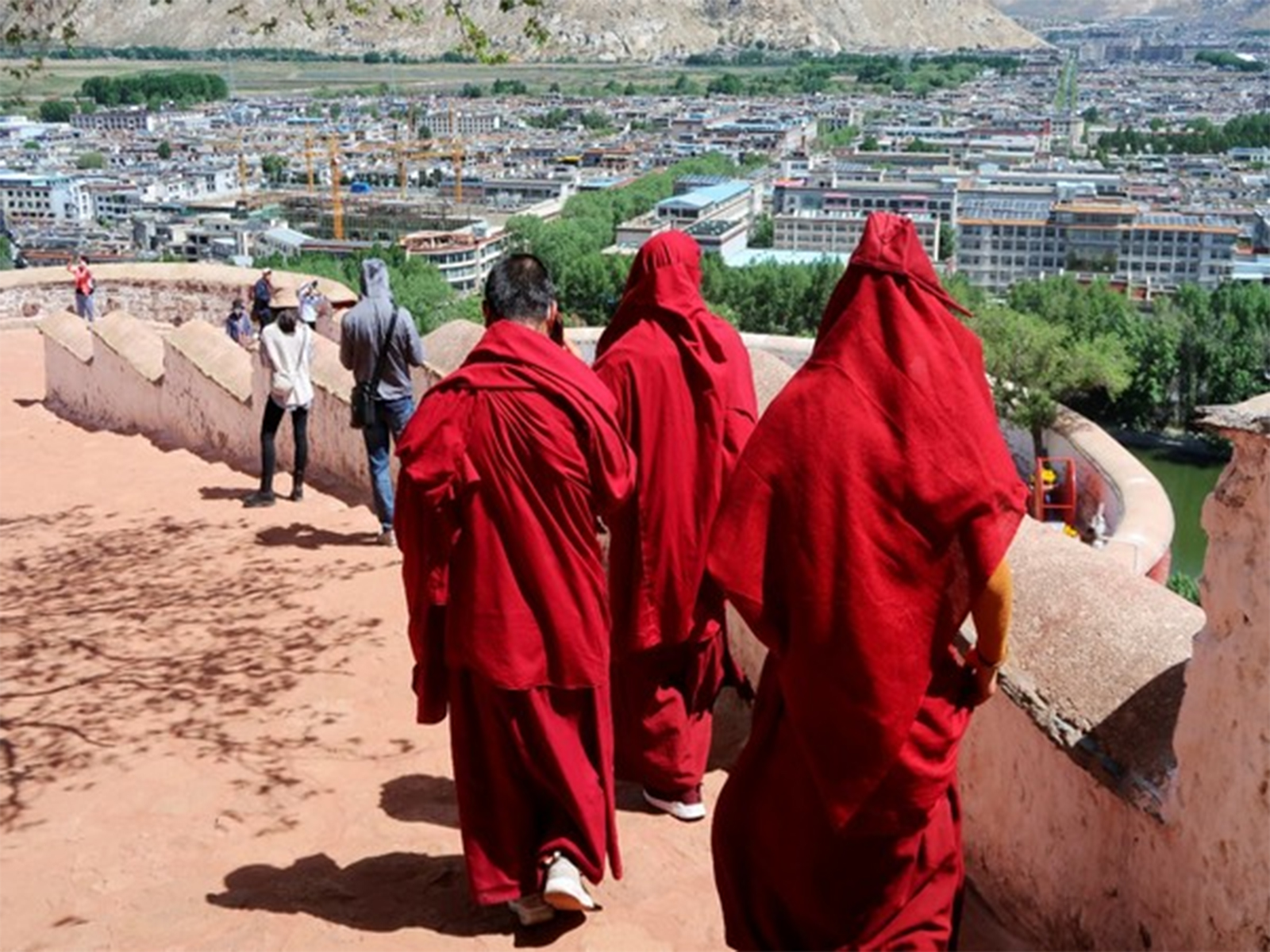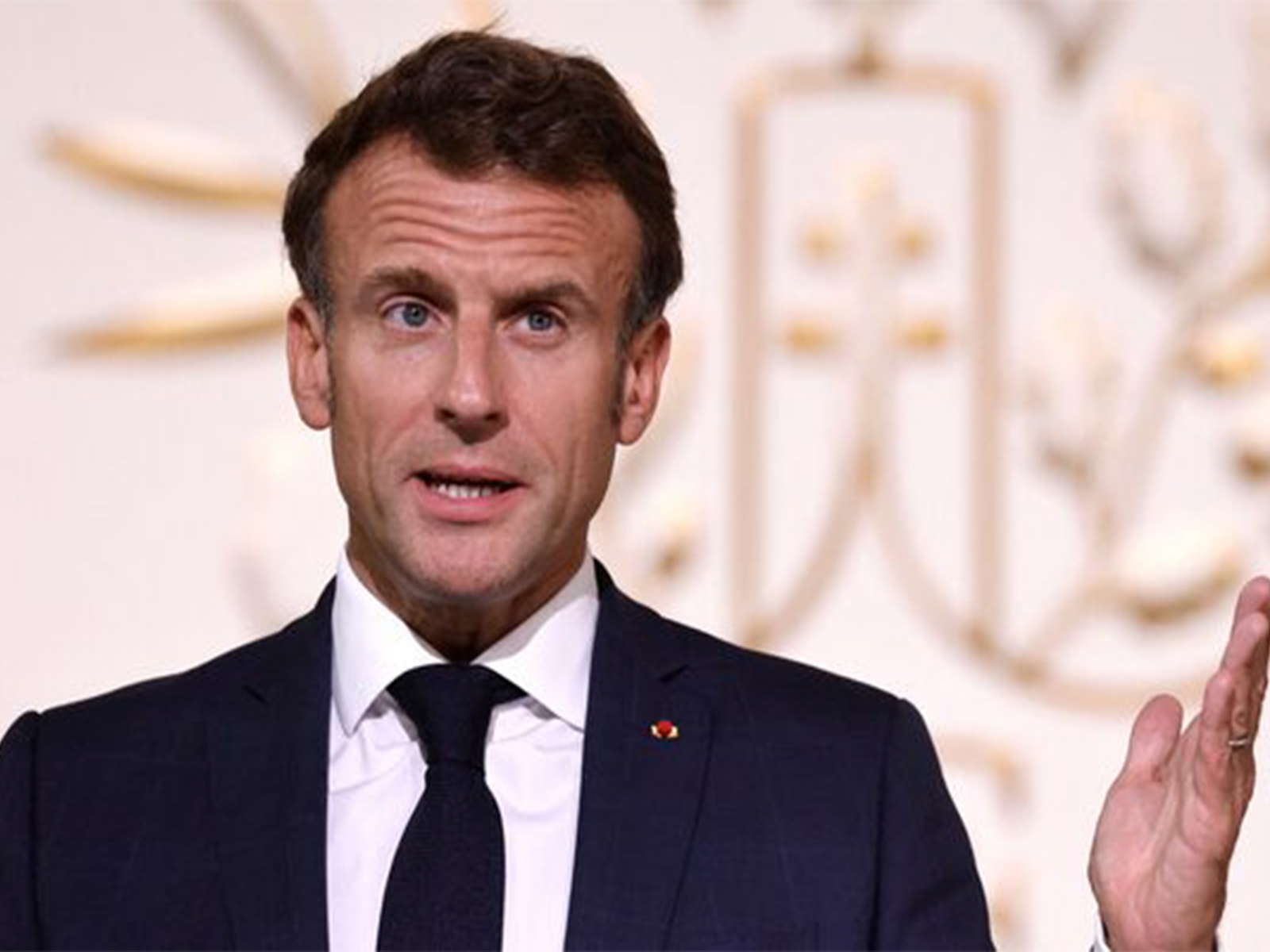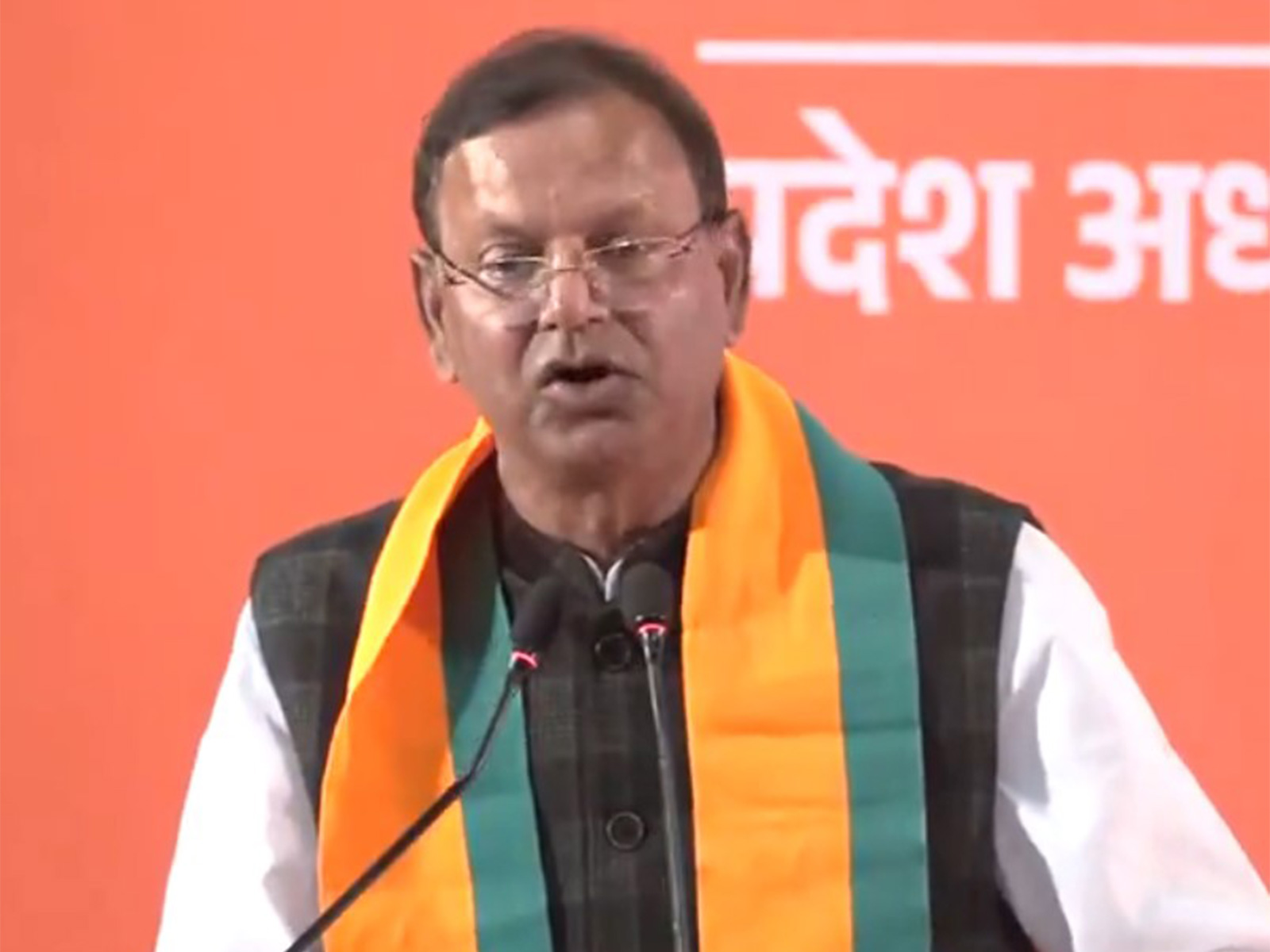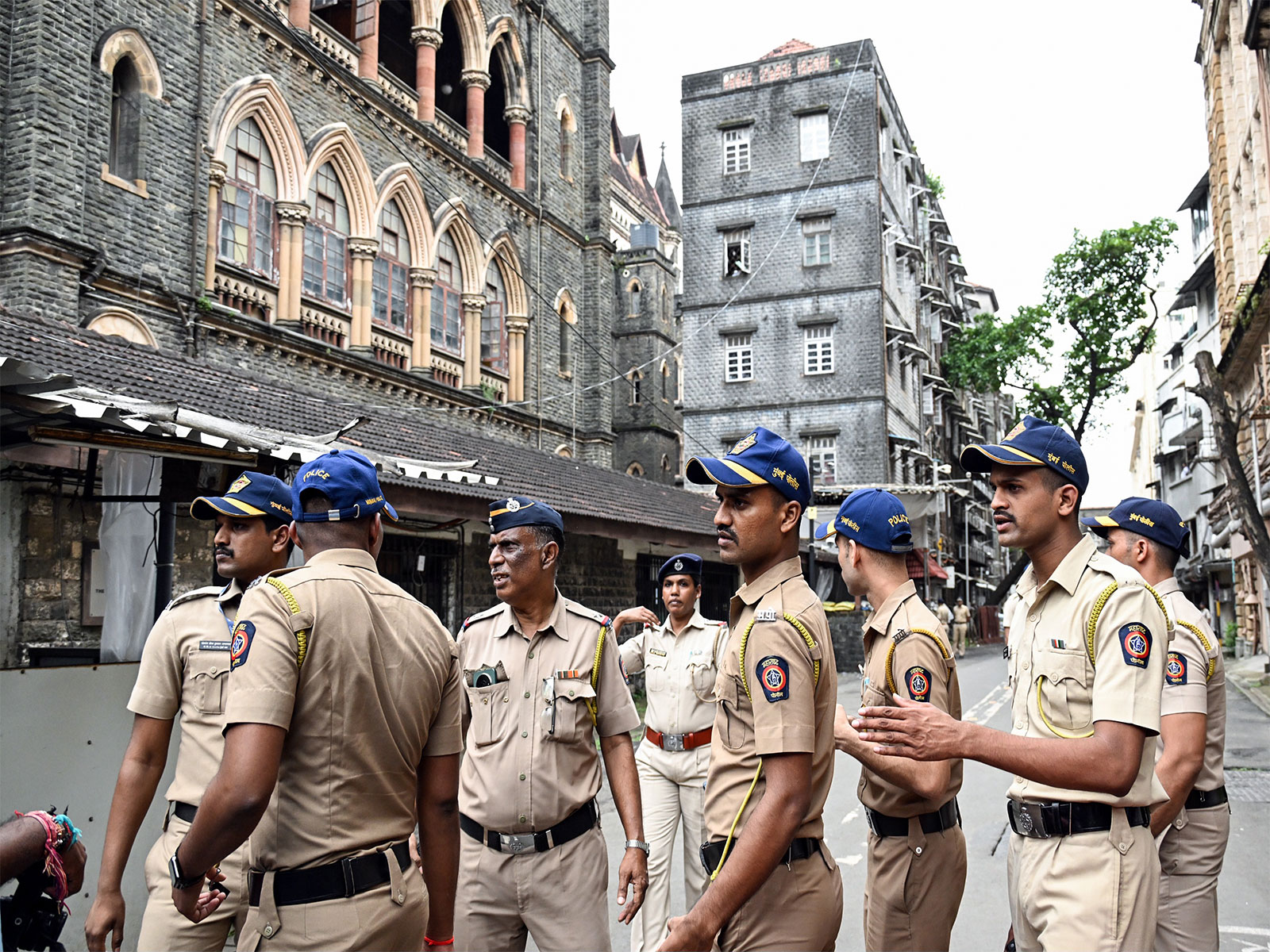Pak military, administrations exploited, politicised Gilgit-Baltistan sectarian fault lines: EFSAS
Nov 10, 2020

Amsterdams [Netherlands], November 10 : Pakistan military establishment and successive administrations have exploited and politicised the sectarian fault lines in Pakistan occupied Kashmir's Gilgit-Baltistan, which have allowed Islamabad to vindicate the militarisation of Gilgit-Baltistan and refute the extension of basic human rights to its inhabitants, according to a European think tank.
In a study paper--The Sectarianization of Society, Culture and Religion in Gilgit-Baltistan, The European Foundation for South Asian Studies (EFSAS), said that the conflict in the region is at its "core a political one that has been consciously sectarianized by the government, illustrating the highly relevant role religion continues to play in post-partition Pakistani politics".
"What is ultimately important to recognize is that the contemporary conflict dynamics in Gilgit-Baltistan are not rooted in inherent sectarian alienation, but the exploitation, intensification and politicization of sectarian fault lines by the Pakistani military establishment and the sustenance of 'divide-and-conquer' tactics by successive administrations, which have allowed the government to vindicate the militarization of Gilgit-Baltistan and refute the extension of basic human rights to its inhabitants," the EFSAS writes.
"The conflict, then, is at its core a political one that has been consciously sectarianized by the government, illustrating the highly relevant role religion continues to play in post-partition Pakistani politics," it added.
Given the perseverance of the Jammu and Kashmir conflict, the think tank said that the geopolitical dimensions of the conflict and the general development of Pakistan as a political unit, such a development appears unlikely, thus banning Gilgit-Baltistan to continued existence in submission.
"As is observable throughout the legal-constitutional trajectory of Gilgit-Baltistan, the rights granted to the Pakistani population have routinely been denied to the inhabitants of Gilgit-Baltistan, and although legal gains have been made, the region and its people remain ostracized. Recent initiatives such as the 2009 Self-Governance Order and the 2018 Gilgit Baltistan Order can be discerned as attempts to respond to the increasingly loud demands within Gilgit-Baltistan for equal rights and equal representation without granting Gilgit-Baltistan the fundamental rights that locals require and deserve," the EFSAS noted.
"Given the connection between Gilgit-Baltistan and the Pakistani strategy and interests surrounding Jammu & Kashmir, the demanded concessions hereby appear unlikely to materialize unless there is a significant shift in Jammu & Kashmir's legal status quo, which, again, seems evasive," it added.
In this Sunnified and radicalized sociopolitical climate in Pakistan, the EFSAS the situation for the inhabitants in Gilgit-Baltistan is unlikely to be resolved to the satisfaction of locals without the granting of basic human and cultural rights and genuine rather than performative dimensions of political representation.
The legal-constitutional conundrum surrounding Gilgit-Baltistan has decisively shaped its social, economic, and political fabric as its inhabitants have been denied fundamental constitutional rights as well as representative capacities in national political institutions such as the Parliament, the Finance Commission, and the Judicial Council (Sering, 2010), noted the think tank.
"As such, Gilgit-Baltistan is excluded from much of Pakistan's political process, and Gilgit-Baltistan is a part of the Unrepresented Peoples & Nations Organizations (UNPO), a body that claims to ;empower the voices of unrepresented and marginalized peoples worldwide and to protect their fundamental human rights' (UNPO mission statement)," it said.
"In lieu of being a part of the Pakistani body politic, the post-partition history of Gilgit-Baltistan has ultimately been characterized by marginalization and exclusion from Pakistan's political system," it added.


















